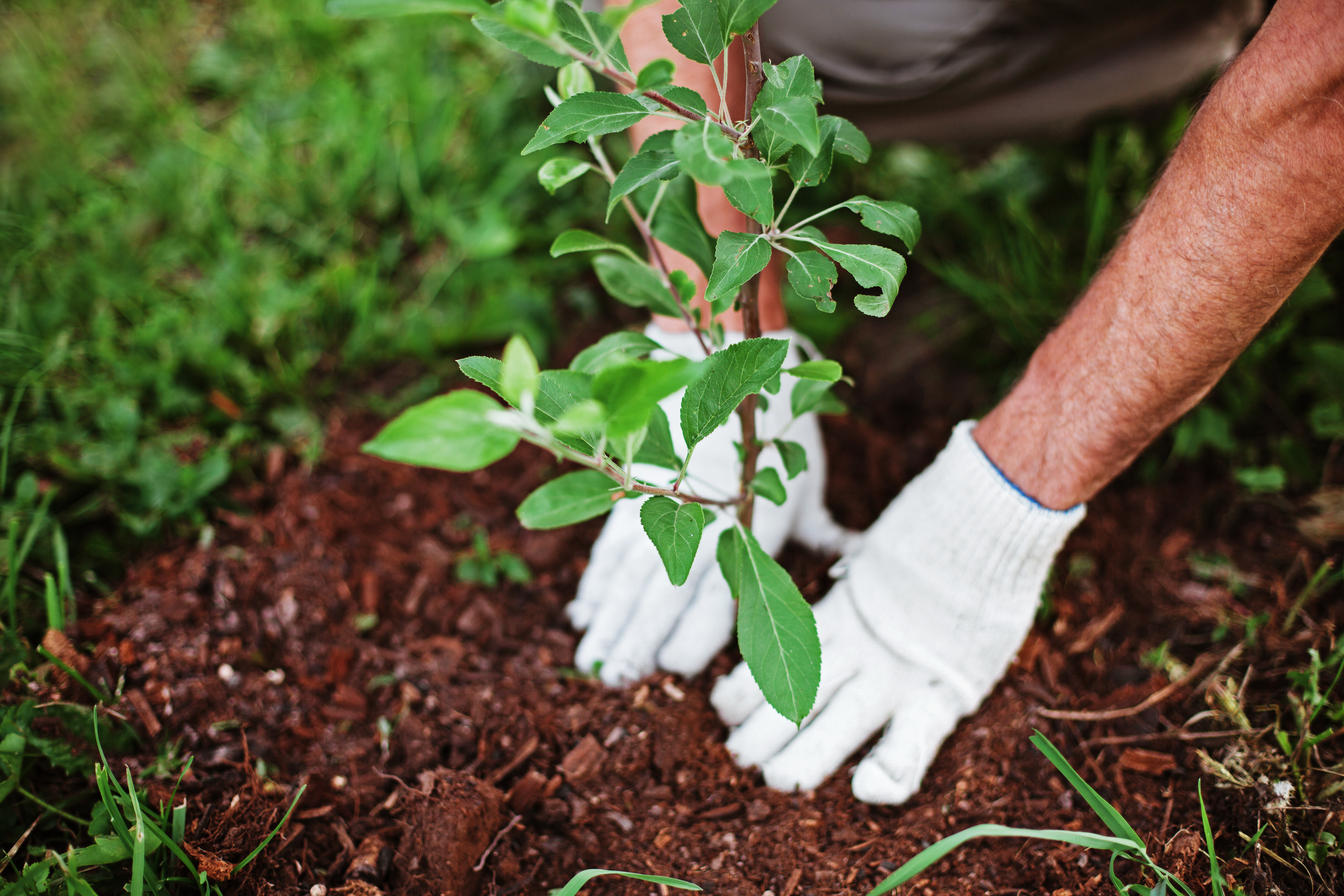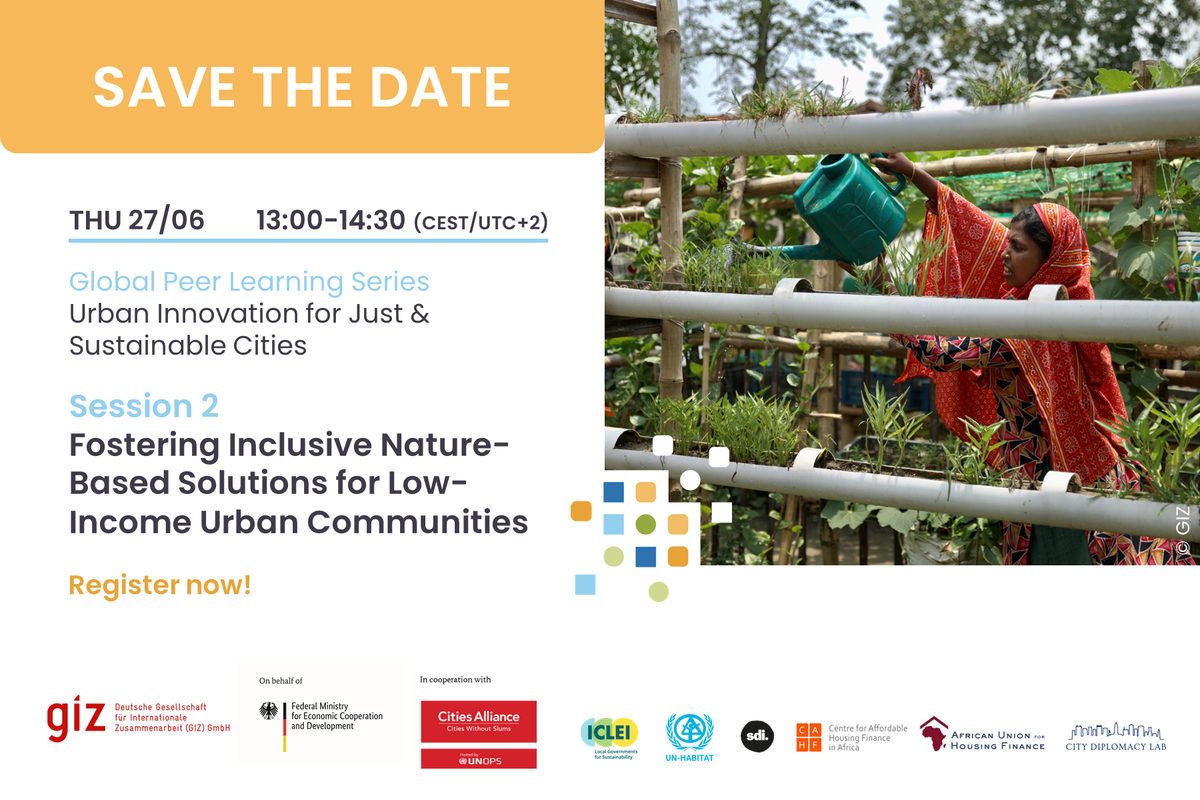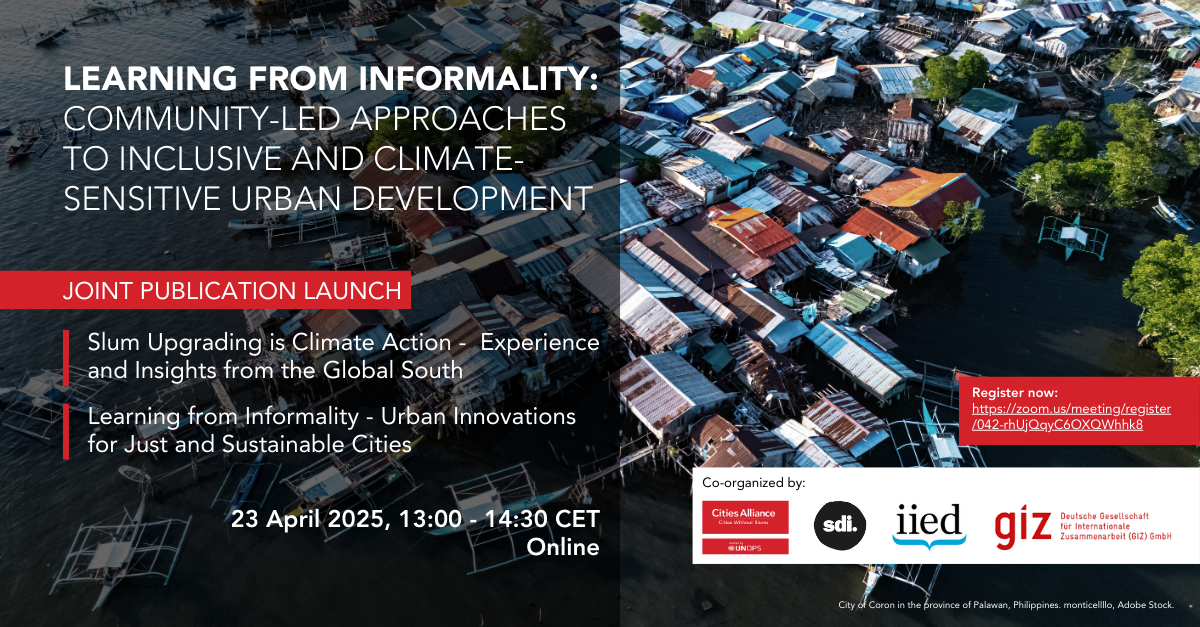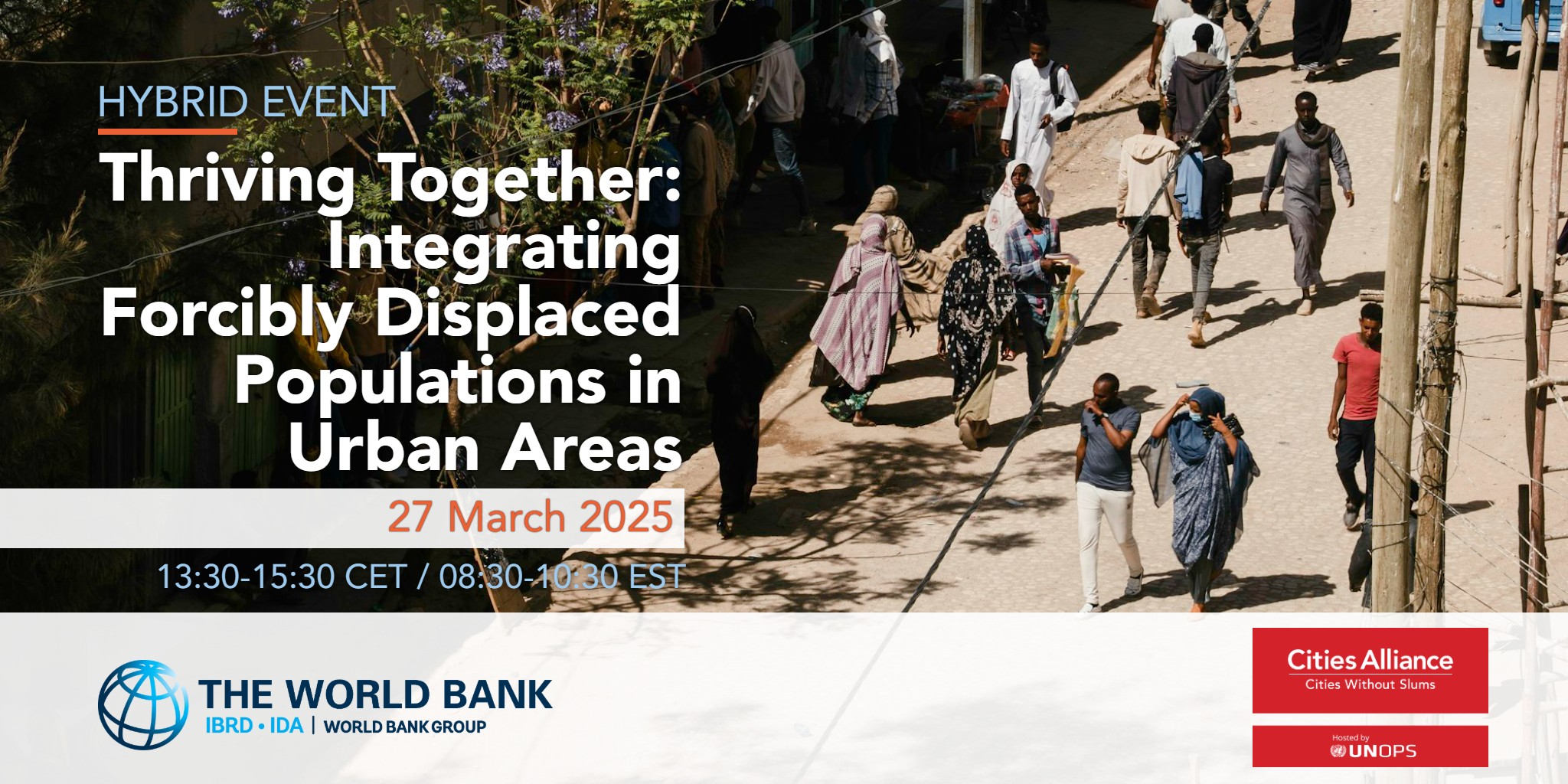- Who We Are
- How We Work
- Regional / Country Initiatives
- Legacy
- Core Themes
- Working Groups
- Portfolio & Results
- Newsroom
- Resources
Global Peer Learning Series - Event 2: Fostering Inclusive Nature-based solutions for Low-income Urban Communities

After the successful kick-off event on Fostering Sustainable Construction in Informal Urban Areas, the Peer Learning Series Urban Innovation for Just and Sustainable Cities hosted a second event on Fostering Inclusive Nature-based solutions for Low-income Urban Communities.
The relentless march of urbanization and climate change is not without consequences for nature and biodiversity but also urban areas. In fact, the loss of nature and biodiversity bears heavy consequences for cities and the well-being of their residents, most prominently shown by disasters such as floods, heat waves or smog. Oftentimes, its consequences are most heavily felt by low-income and marginalized communities. However, working with nature within and around cities can protect vulnerable urban residents from climate change impacts and disasters, improve their quality of life, and reduce the impacts of cities on other valuable systems.
This session – co-organized by GIZ and ICLEI – showcases projects and initiatives which combine nature-based solutions (NbS) to improve living conditions, especially for low-income urban communities. Specifically, it discusses how informal dwellers and communities living in poverty can be integrated into NbS projects in a participatory and rights-based approach.

Keynote: Anna Heringer, Architect
Panelists:
- Jaqueline Mueni Katu, Senior Environment Officer, County Government of Kisumu
- Ashali Bhandari, Managing Director, People’s Urban Living Lab, Transitions Research
- Julie Greenwalt, Senior Climate Advisor, Cities Alliance
Moderator: Lorenzo Kihlgren, Founding Director, City Diplomacy Lab
The webinar is part of a peer learning series hosted by GIZ – on behalf of BMZ – and Cities Alliance, to strengthen local actors in their ability to act for socially just and climate-friendly urban transformation. The series will create a roadmap towards the World Urban Forum in November 2024 and discuss how subnational governments can be engaged more closely in the implementation of global development and climate agendas. Each session will feature practical approaches to just and sustainable urban planning, construction, and financing, with a focus on informal areas. Together with partners from ICLEI, UN-Habitat, Slum Dwellers International, the Centre for Affordable Housing Finance in Africa, the African Union for Housing Finance, and the City Diplomacy Lab, five events are planned across 2024.
Watch the session recording on Youtube





